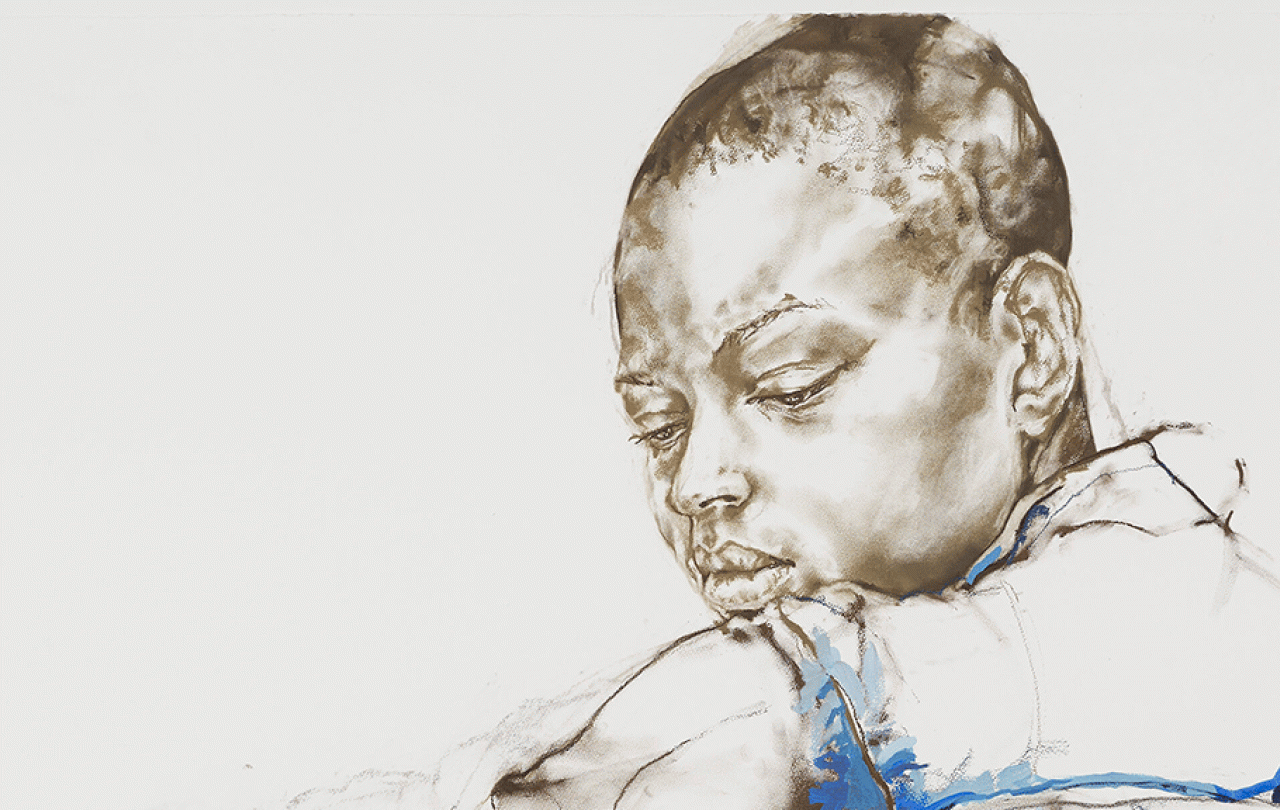
Scottie Scheffler is very good at golf. Insanely good. He’s the world Number One and now the reigning Masters Champion. He’s also incredibly competitive. So much so it makes him feel sick.
"I was sitting around with my buddies this morning, I was a bit overwhelmed," Scheffler said Sunday evening. "I told them, 'I wish I didn't want to win as badly as did I or as badly as I do.' I think it would make the mornings easier.
"I love winning. I hate losing. I really do. And when you're here in the biggest moments, when I'm sitting there with the lead on Sunday, I really, really want to win badly.”
It is striking to then read that Scheffler says his golf is soon to be the fourth most important thing in his life. It is his job. It has been his whole mission for decades to be the best golfer in the world and yet in his press conference he went to speak about how his faith, his wife and his soon to be born child, are all more important to him than winning golf tournaments.
This feels very counter-cultural in the culture we swim in. One where winning is the only currency. Especially so at a tournament like the Masters, steeped in such tradition and cult-like folklore.
His faith is what he says makes the biggest difference to his outlook. Before we speak more on that, we need to say again, Scottie Scheffler has been blessed with incredible hand eye co-ordination, the right physical attributes, and opportunities at a young age, to practice and develop. And he has worked incredibly hard to become the best player in the game.
But his faith does seem to enhance his performance and especially his ability to deal with pressure. This runs counter to a caricature which might say that becoming a Christian diminishes your competitive edge.
As golf journalist Kyle Porter articulately says:
While Scheffler is not devoted to his faith for the purpose of winning golf tournaments -- quite the opposite, in fact -- in listening to him speak about it, one would find it difficult for a golfer to have a better mind space. He holds the line between "cares a lot" and "identity not tethered to outcome" perfectly.
Only by separating our self-worth from our achievements (or potential ones) can we find satisfaction and security – not slavery.
In his press conference after winning the Masters, Scheffler explained more about how his faith impacts his golf. Having narrated how much he wants to win he said:
"My buddies told me this morning my victory was secure on the cross. And that's a pretty special feeling to know that I'm secure for forever and it doesn't matter if I win this tournament or lose this tournament. My identity is secure for forever."
What does Scheffler mean?
He is speaking about how he believes his standing before God is unchangeable because Jesus died in his place on the cross. Scheffler believes he is “secure for forever” because of it. The Bible describes the new identity Christians have as been formerly slaves, but now “dearly loved children.”
St Paul once described the new identity Christians have as been formerly slaves, but now “dearly loved children.” Scottie Scheffler feels safe. There are many ways to live as a slave. Being a slave to achievement is one. Your happiness and security is based on your success. Being a slave to approval is another. Your joy is rooted in your approval from others. It is not hard to see how easy it is for sportspeople to live in this kind of slavery.
Today’s culture encourages us to look within ourselves to find ourselves. Sport is a very easy way to do this. It is natural to base our identity on our skills and our successes—to fashion for ourselves an achieved identity. And that is a shaky place to find worth and value.
Rory McIlroy, one of Scheffler’s great rivals, seems to struggle with pressure of the Masters more than most. It’s not surprising, the former world N umber Oneis waiting to complete the career grand slam at Augusta and has been trying since his last major victory in 2014. McIlroy longs to be known and respected for his performance, recently reflecting:
“It’s hard for me not to define myself as one of the best golfers in the world, so when you struggle [like that], you feel a little lost.”
Only by separating our self-worth from our achievements (or potential ones) can we find satisfaction and security – not slavery. Ashley Null has worked as a chaplain in five Olympic Villages and knows this only too well:
Only love has the power to make human beings feel truly significant, not achievement. Only knowing that they are loved regardless of their current performance has the power to make Olympians feel emotionally whole.
Scottie Scheffler seems to know he is loved regardless of his golfing performance, and this enhances his ability to deal with pressure. This freedom and security his faith provides seems to allow him to know that all he can do is control what he can, doing the best he can any given week.
Scottie Scheffler will not win every week. He’s said himself that “professional golf is an endlessly not satisfying career” with its grind and the variables at play each week.
He will face periods in his golfing career, as he already has, when his form fails, or picks up injuries and drops down the rankings. It is at those moments, as well as on the morning of potential major victories, that he also needs his friends to remind him his identity is secure forever.





